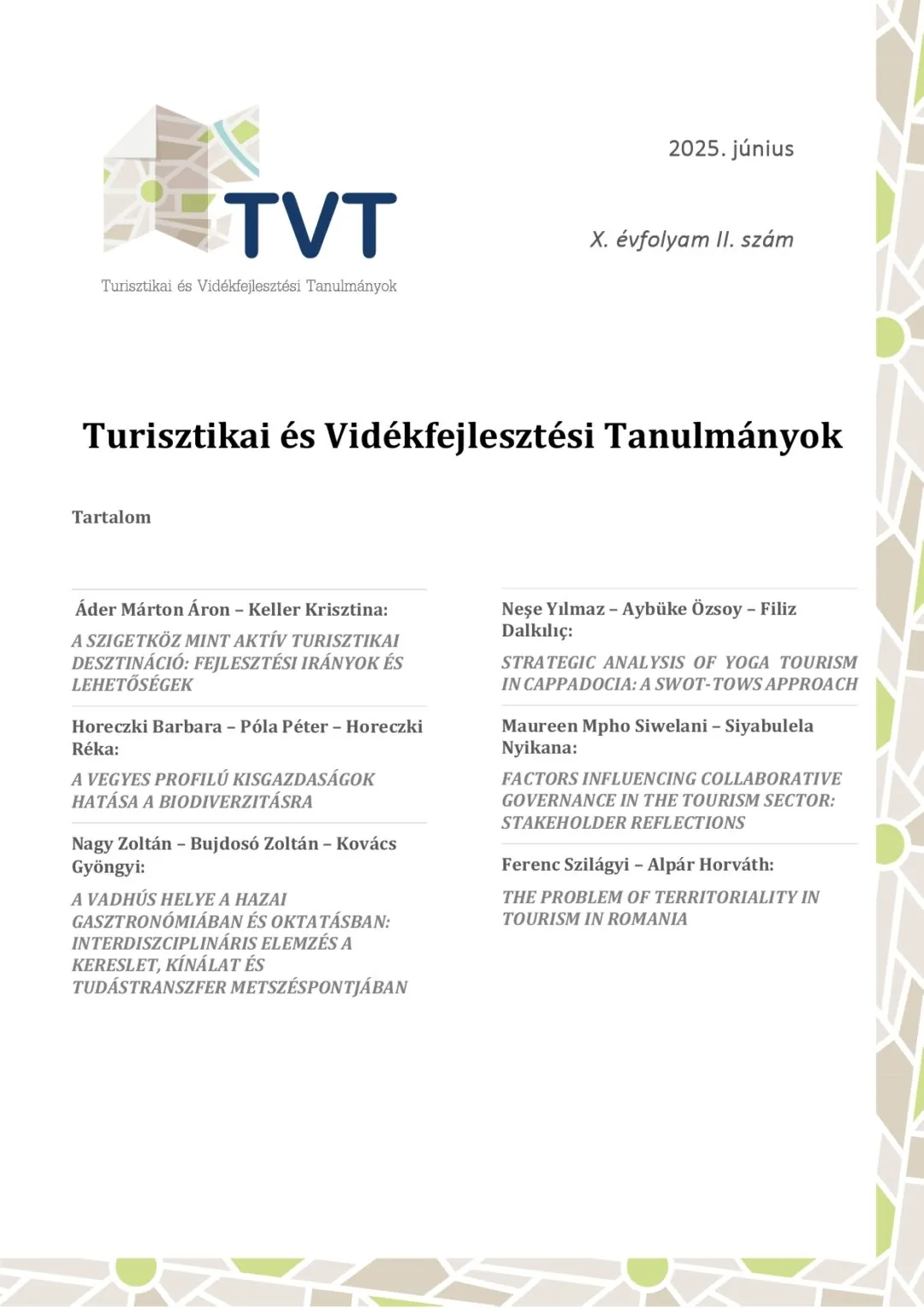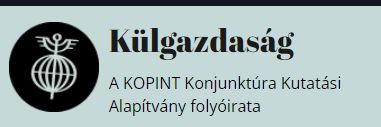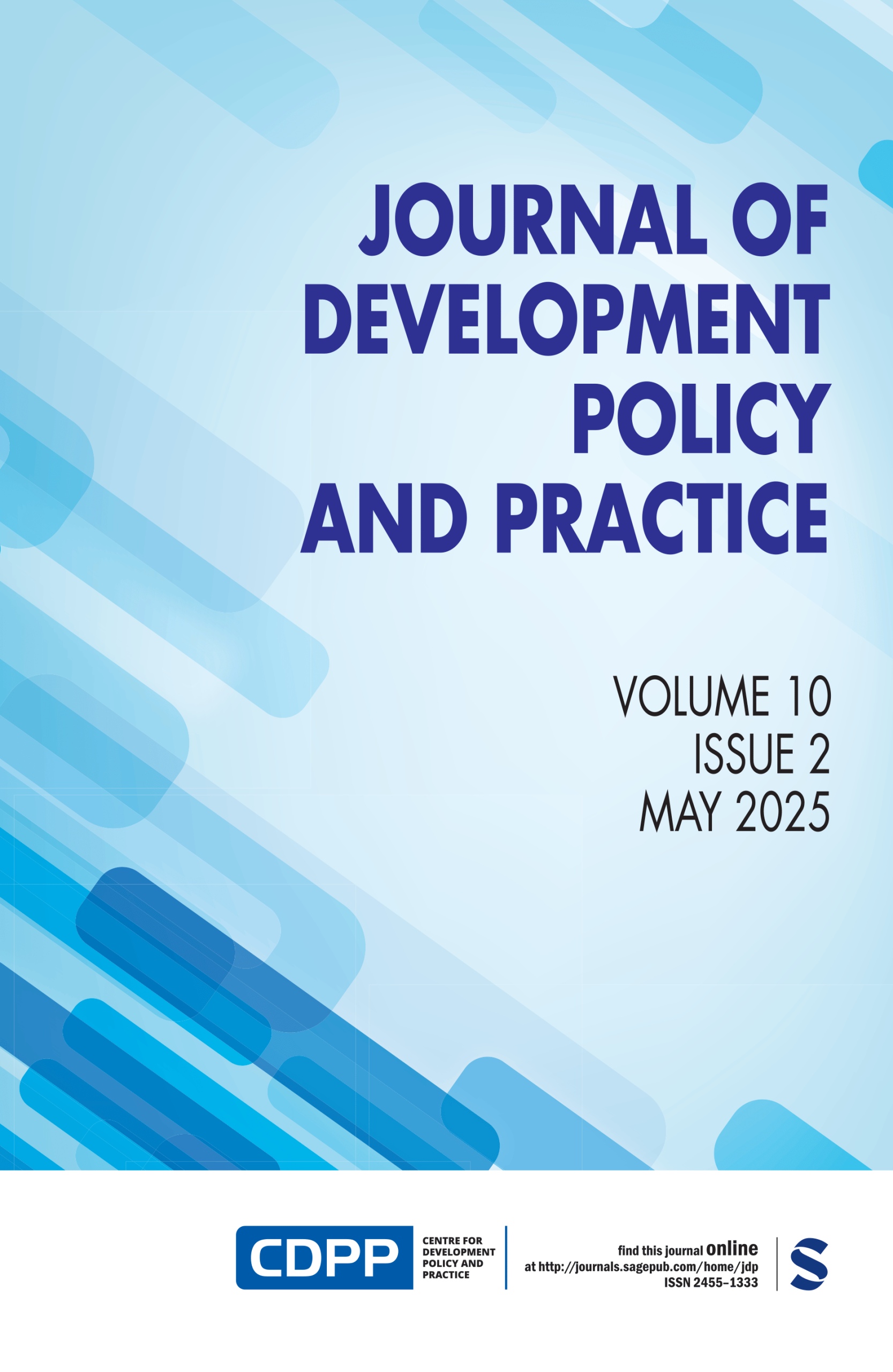2022.10.20. 13:00 – 15:00
Abstract
There is evidence that the average person accepts income inequality that is based on differences in individual achievement. However, a particular achievement is not equally difficult for everyone. I study how information about differences in difficulties affects redistributive decisions. I consider two sources of difficulties: external circumstances and individual ability. Participants have to redistribute the income earned by achievement within pairs with information about the relative difficulty of the task within the pair. I find that participants strongly compensate the member of the pair who had a harder job in producing if the difficulties come from an external source, but fully ignore the relative difficulties when they arise from individual ability. This is true for both when participants redistribute between themselves and another subject and when they redistribute between two other subjects. Nevertheless, when involved, participants choose allocations that benefit them the most: those with externally harder tasks make more selfish, more egalitarian, and more compensating allocation choices, while those with easier tasks are more likely to simply reward performance, even though they learned that performance differences were caused partly by external differences in the difficulty of the task.









